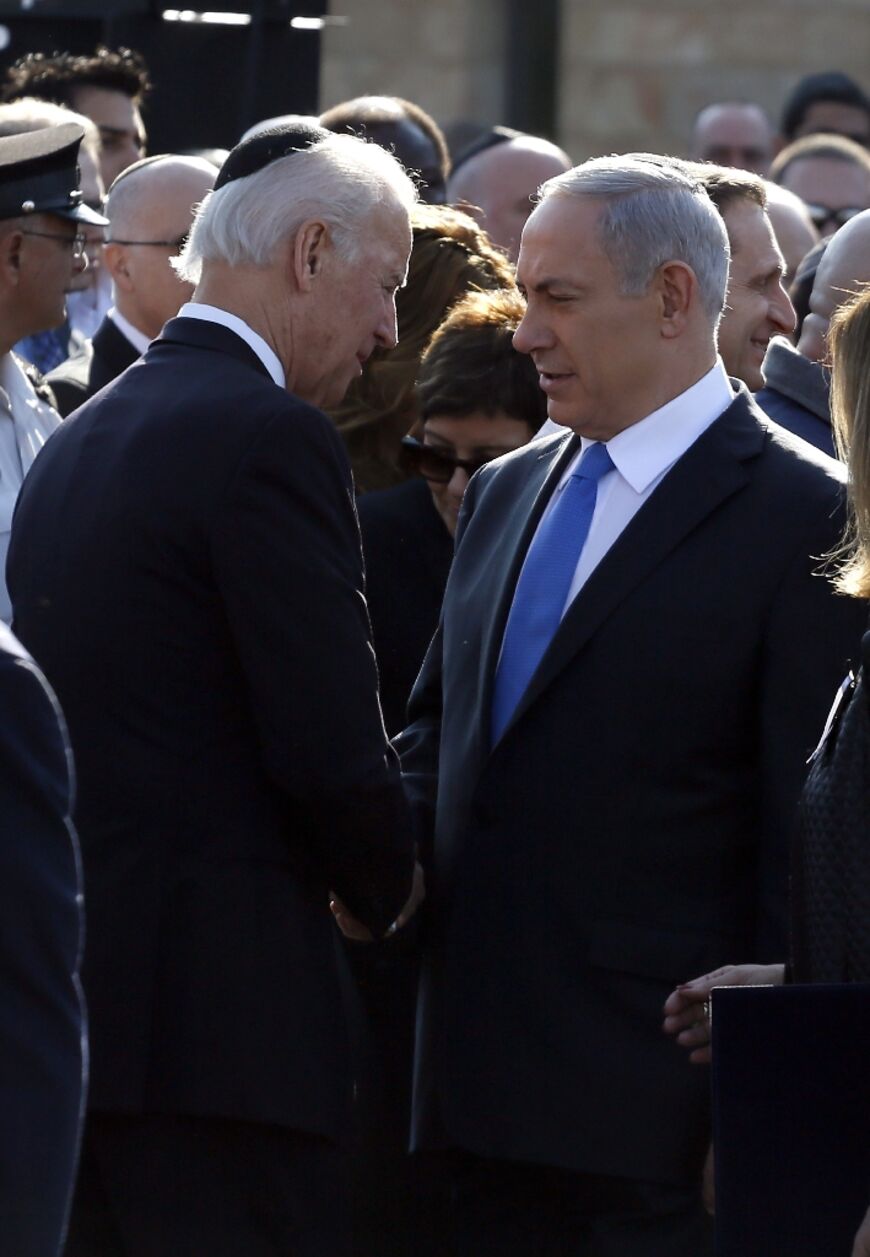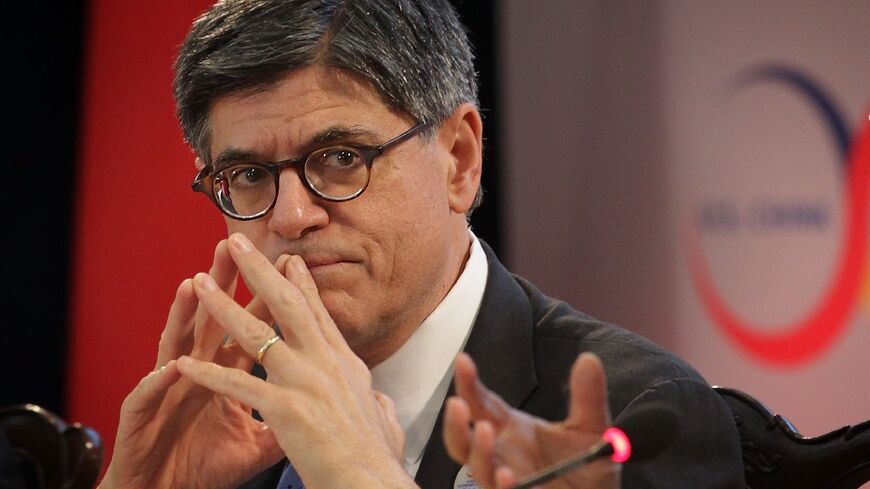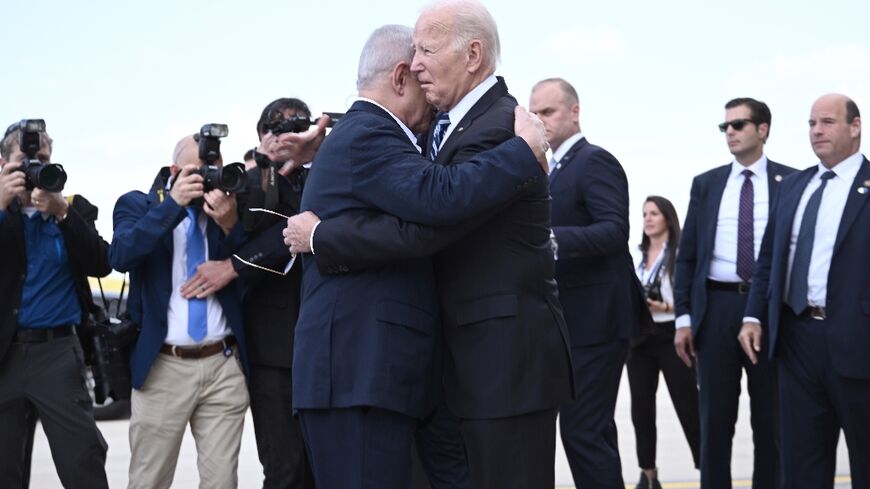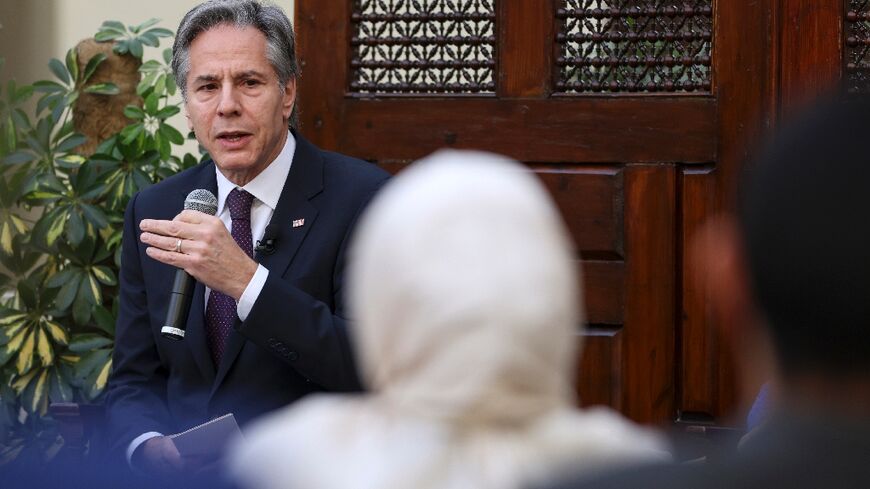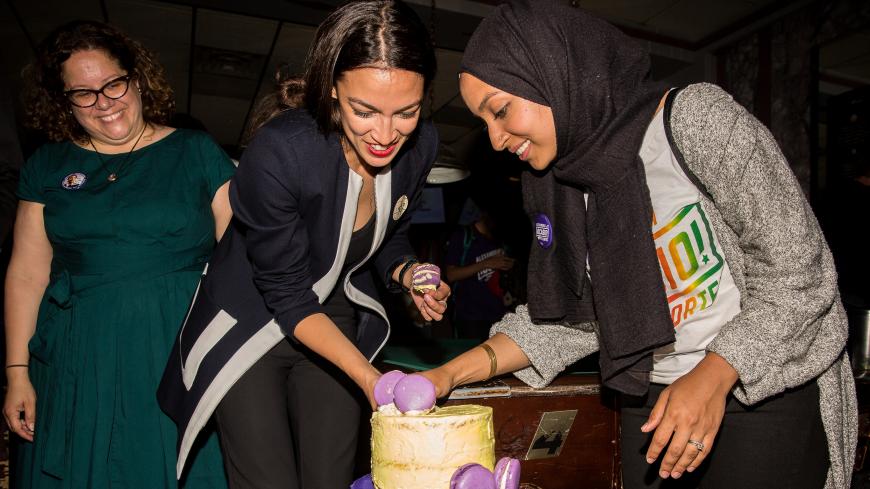Biden raises tone, if only a notch, after Israel protests flare

Since entering the Oval Office, Joe Biden has been eager to avoid a replay of what he saw as an unpleasant episode from his time as vice president -- public brawling with Israel's pugnacious prime minister, Benjamin Netanyahu.
Now as the US ally plunges into turmoil over Netanyahu's divisive bid to shake up his country's judiciary, the Biden administration has been raising its tone, if only by a notch.
Netanyahu on Monday agreed to pause his proposals to weaken the power of judges, nodding to mass protests and a general strike that even shuttered the Israeli embassy in Washington.
US officials for weeks spoke in general terms about the need for consensus and shared democratic values, but a White House statement late Sunday said the United States was "deeply concerned" about events in Israel after Netanyahu fired the defense minister for criticizing the legislation.
Last week, the State Department issued unusually strong criticism over the hard-right coalition annulling a law on Israeli settlements in the West Bank and over remarks by one of Netanyahu's firebrand ministers denying the existence of the Palestinians.
The reaction is still far from the open clashes during Barack Obama's presidency when Netanyahu, Israel's longest-serving prime minister, rallied with rival Republicans against a nuclear agreement with Iran.
David Makovsky, a close watcher of US-Israel relations at The Washington Institute for Near East Policy, said that Biden had managed a skillful balance.
"I think the Biden administration is actually playing this quite well," Makovsky said. "For Biden, at least when it comes to Israel, you don't air the dirty laundry in public -- he's not Obama in this way."
The statements on democratic principles -- and the lack of a White House invitation to Netanyahu since he returned to power in December -- already made abundantly clear to Israelis where the United States stands, Makovsky said.
"At the same time, the administration doesn't want to be seen as too heavy-handed and to become a punching bag for the right-wing in Israel."
Netanyahu's son Yair already claimed that the United States is funding the protests, an assertion strongly denied by the State Department.
- Growing doubts among Democrats -
Biden, who spent 36 years as a US senator, has long enjoyed a cordial relationship with Netanyahu and a reputation as a supporter of Israel.
But views are changing within his Democratic Party as Israel moves further to the right. A recent Gallup poll found for the first time that more Democrats sympathized with Palestinians than Israelis, while Republicans remain staunchly pro-Israel, led in part by evangelical Christians.
A letter this month by a majority of Jewish members of the House of Representatives -- almost all of whom are Democrats -- urged Netanyahu to suspend the proposals which "could undermine Israeli democracy and civil rights."
Democratic Senator Chris Van Hollen, questioning Secretary of State Antony Blinken on the Palestinian issue at a hearing last week, said the United States looks "very weak when we continually make statements without any kind of consequence."
Blinken did not take the bait and noted dryly that Netanyahu had promised not to revive settlements.
Logan Bayroff of J Street, the left-leaning pro-Israel US advocacy group, said the United States should do more to "stand unequivocally" with the protesters.
"This is a historic crisis moment in Israeli democracy," he said.
"There needs to be a clear, public tough red line on the actions that this government is taking to make clear that they're destructive ultimately to Israel's own interests, to US interests, and to shared democratic values."
Netanyahu's proposals prompted rare expressions of concern from Israel's military, highly respected within the Jewish state, as a growing number of reservists refused to serve.
- Consistency on criticism? -
Even the mild US criticism contrasts with the approach of Biden's predecessor Donald Trump who fully embraced Netanyahu and acted on an Israeli wish-list including recognizing Jerusalem as its capital.
Elliott Abrams, who held senior positions under Trump and previous Republican presidents, noted the Biden administration has not commented on the politics of another democracy, France, which has also seen massive, rowdy protests over President Emmanuel Macron's raising of the retirement age.
"How a democracy handles this kind of internal reform is something that we watch with interest and concern, but it's not for us to pick winners and take positions," Abrams said.
"I don't think we would appreciate other people intruding in our politics, and we should not do it either."


